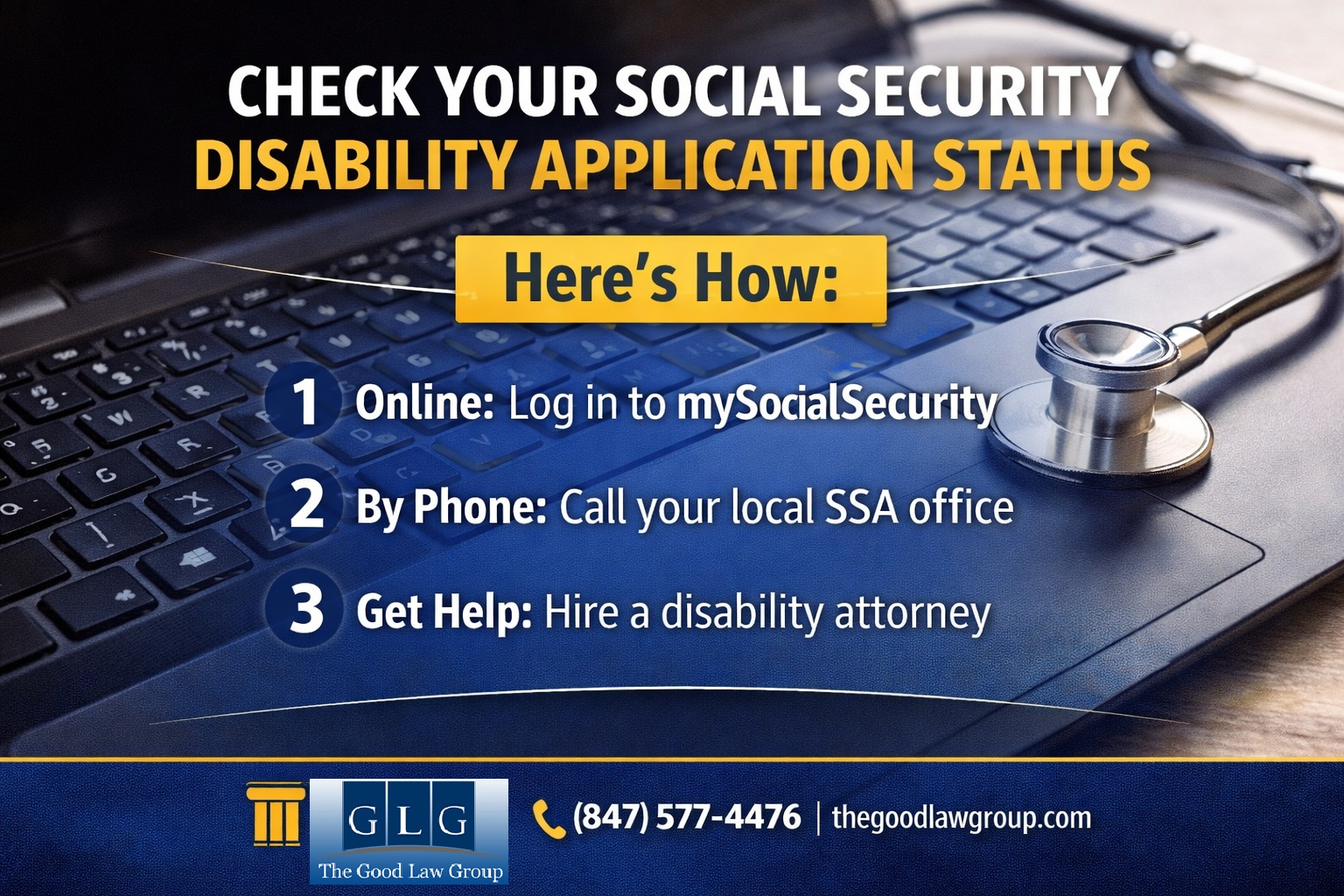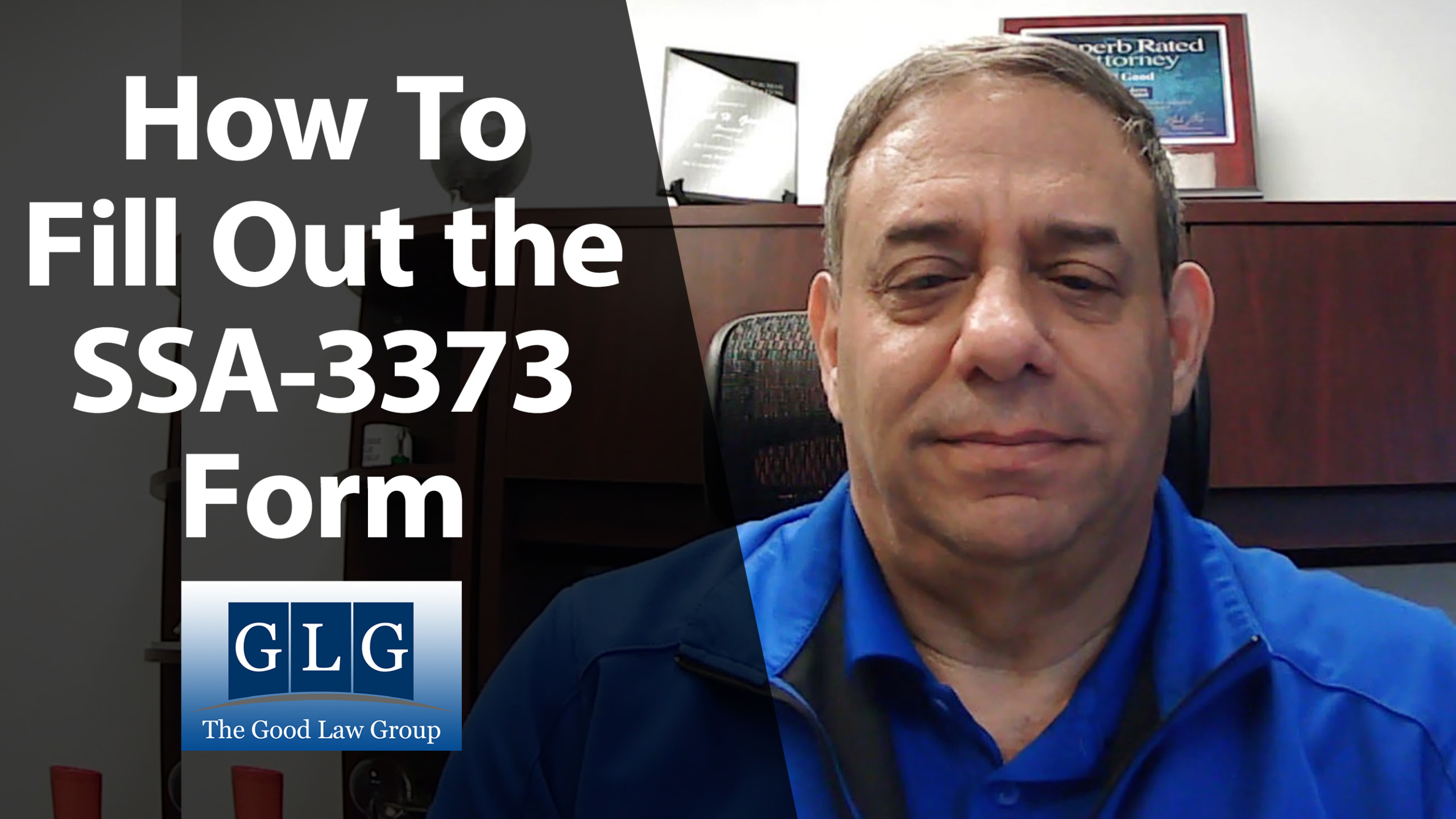You don’t need an attorney to apply for Social Security Disability (SSD) benefits. But hiring an experienced disability lawyer increases the likelihood that your application will be approved.
The disability laws that govern SSD eligibility are complex and difficult to understand. Disability attorneys deal with these rules and regulations daily, which gives them a thorough understanding not just of what information must be submitted to support your disability claim, but the best way to present it as well.
Whether you find a disability attorney online or through a referral from friends and family, it’s important to ask questions about the attorney’s experience and how he plans to handle your case. During the initial consultation (which should be free), the disability lawyer will ask about your medical and work history, as well as where you are in the application process. This consultation is the perfect time to interview the SSD attorney as well.
To help, we’ve prepared this disability FAQ of questions to ask to ensure you hire the disability attorney who is right for you.
What is your fee?
One of the most common questions for SSD lawyers is: How much will you charge to handle my case?
Disability claims are handled on a contingency fee basis, which means the attorney is only paid if you are awarded benefits. The Social Security Administration (SSA), which administers the SSD program, establishes the fees disability lawyers may collect. So, regardless of which disability attorney ultimately you hire, the fees will be the same (and if an attorney tells you otherwise, run).
The SSA set these fees at 25% of your SSD backpay award or $6,000, whichever is less. For example, if an administrative law judge awards you $25,000 in back pay, the SSD lawyer would only be entitled to $6,000. That’s because 25% of your $25,000 disability back pay award is $6,250, and SSA regulations cap fees at $6,000. If, however, you were awarded $10,000 in disability back pay, the disability lawyer would collect $2,500 because it is less than $6,000.
There are two caveats to this fee structure. Although the disability attorney’s fees are capped, he can still charge you for expenses. These may include costs associated with obtaining medical records, travel expenses, the cost of consultative exams, or postage. The second caveat is that the fee structure may change if you submit an appeal to the Appeals Council or Federal District Court.
Make sure to ask the SSD attorney what fees, if any, you will be expected to pay and how his fee schedule may change if you have to appeal your claim beyond the administrative hearing.
What is your experience with social security disability cases?
You wouldn’t visit an eye doctor for a toothache, would you? Of course not. Both are medical professionals, but they deal with different parts of the body and therefore have vastly different experience levels.
The law is no different. When meeting with a disability attorney, ask how much of her practice is devoted to handling SSD claims – it should be a good chunk, if not 100%. You should also ask about any professional organizations they belong to and what type of continuing education they receive. Disability lawyers often receive specialized training from the National Organization of Social Security Claimants’ Representatives and attend continuing education and other training. This ensures they remain current on changes in SSA rules and regulations, court decisions that could affect future cases, and best practices on how to handle SSD claims.
Do you handle all levels of appeal?
If your disability application is denied, there are four levels of appeal: reconsideration, administrative hearing, appeals council, and Federal District Court. Some disability attorneys handle appeals at every level; others will not. While you can certainly have different attorneys handle your case at each level, if you want continuity, you’ll want to ensure at the outset that your attorney can be with you through the entirety of the appeals process if it goes that far.
How will we prepare for the administrative hearing?
If the SSA denies your disability claim at both the initial application and reconsideration levels, your next step is to request an administrative hearing. Administrative hearings allow you to explain to the judge more about your disability and its impact on your ability to work. Not only will you have an opportunity to provide testimony, but the judge and the SSA attorney can ask you questions as well.
Although these hearings are less formal than traditional trials – there is no jury and usually, no witnesses other than the claimant testifies – they are still extremely important. Before the hearing date, your attorney should meet with you at least once, if not more, to prepare for the hearing. Having a chance to practice answering questions ahead of time can help make you less nervous and ensure that you don’t inadvertently say something at the hearing that can hurt your case.
How often will we discuss my case?
Applying for SSD benefits involves a lot of waiting. There’s waiting for the SSA to review your claim. There’s waiting for an administrative hearing date (in Illinois, the average wait time is 14.9 months). There’s waiting to receive a decision on your claim.
This means there could a lot of time that you won’t be in contact with your attorney. For some people, this is fine – they only want to hear when there’s news to share. Other people want more frequent updates, even if all the attorney has to say is, “Nothing yet.” Knowing your attorney’s communication style upfront not only helps you know what to expect but can eliminate potential misunderstandings.
Who will handle my case?
Sometimes the disability attorney you meet with during the initial consultation isn’t the attorney who will ultimately handle your case. Although this is a common practice, it can be unsettling for some people, particularly if you hired an attorney based on how comfortable you felt with them during the initial consultation. If having a single attorney work with you throughout the entire process is important, make sure to ask whether the attorney she will be handling your case or if she will pass it on to a junior associate.
Obtaining disability benefits can be difficult, but an experienced SSD attorney can help you determine the best way to go about applying. Consider the Good Law Group for your representation – call (847) 577-4476.









